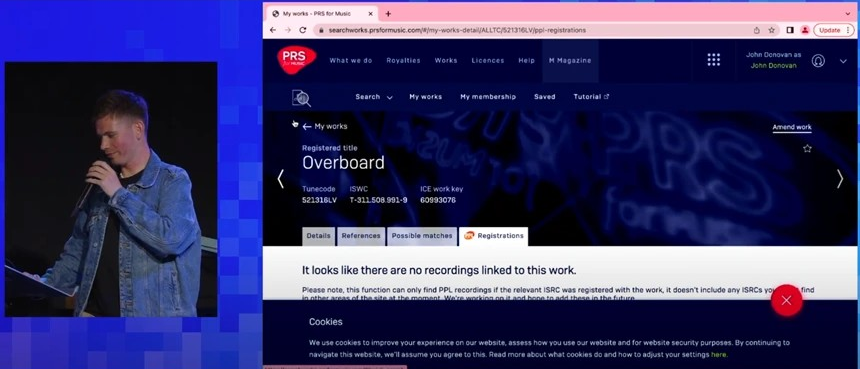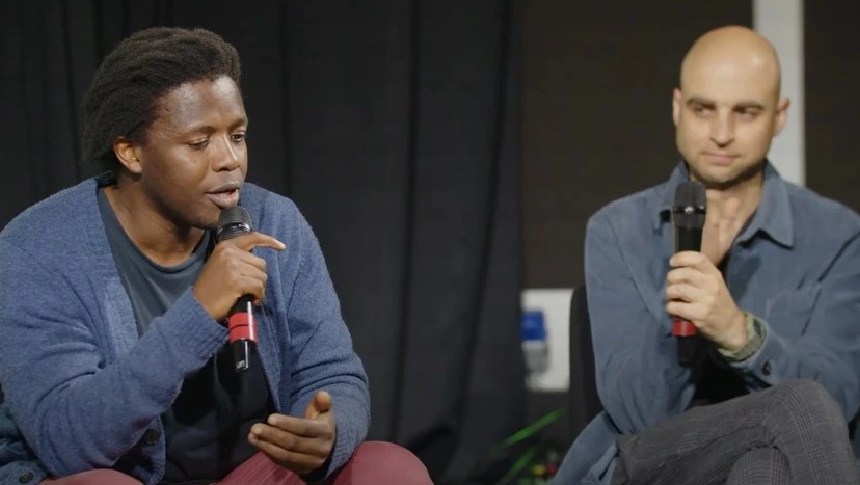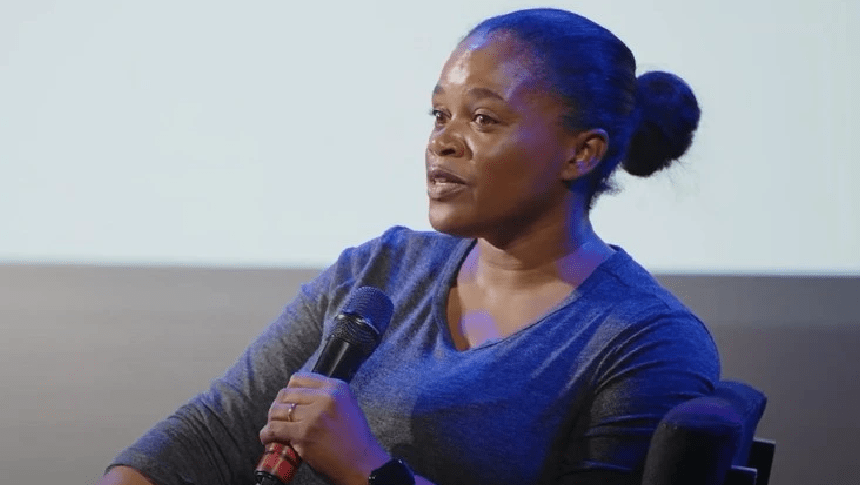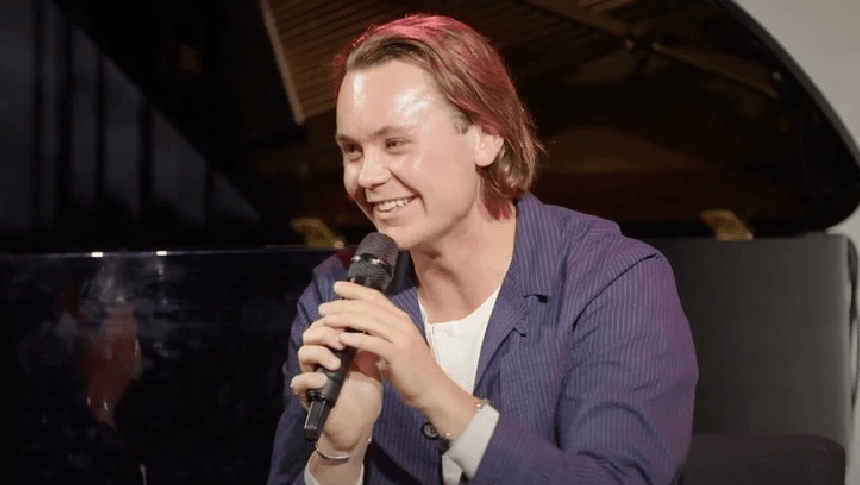This one is a little technical so if you’d prefer to watch the event with full visuals, click here. You can also watch the short Q&A session at the end which may answer one of your many questions if you’re new to royalties and PRS.
What is PRS?
PRS, or Performance Rights Society, is a collective management organisation that represents songwriters, composers and music publishers by ensuring they receive fair royalties for their public performances. Basically, they’re the guys that make sure you get paid.
If you’re a songwriter, it’s absolutely essential that you register with PRS or an equivalent to make sure you get royalties when your song is played in public.
If you’re in the UK, your Performance Rights Organisation is PRS but if you’re in the US, you have a few more options. You can choose between ASCAP, BMI, SESAC and a couple of others.
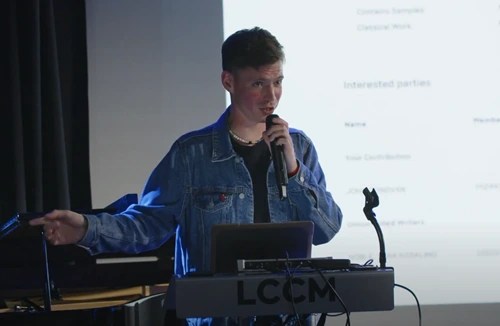
How do I receive royalties for my music and performances?
If you’re a songwriter, producer or manager, then you definitely need to understand how this works. If you’ve got a manager already, you can relax a bit but it’s always good to have an idea of how this backend stuff works regardless.
If you’re not a producer or manager and more of an I just sit in my room and make beats type then, guess what, you’re a songwriter and entitled to royalties too! Have a look at the info below so you can work out how to claim royalties for your music.
Once you make your account on PRS (if you’re in the UK), you’ll see options to Register and Amend Work, Report Live Performances, Search Works, Recordings and Products and Check Unpaid Royalties. They also have a couple of helpful articles and a magazine that you can check out too.
As an example, let’s say you’d like to register a song. Follow the steps below:
- Head over to Register and Amend Work
- Click on Register New Work
- Enter the title of your song
- Enter the duration of your song
- Choose whether your song includes samples (be careful not to get sued here if you have used samples without clearing it with the publishers!)
- Fill in your shares and percentages and add in any other writers and their roles
- You’ll then be able to see all the information you’ve entered on the final screen to check over
If you have already recorded music and you want to register it now, it will be really good to know your ISRC or International Standard Recording Code. It acts as a tracker so PRS can be notified when your music is being played.
Let’s say you’ve done a couple of live performances and you want to report these to PRS, you can follow these steps:
- Click on Report Live Performances
- Enter the date of your performance
- Enter the country the performance will take place in
- Enter the performance venue and choose from the drop-down list
- Create your new setlist
If you don’t report your setlist, PRS can’t pay you royalties. And yes, you can backdate so get those performances reported!
The amount you get paid will depend on how big the venue is and the number of people in it. So imagine your royalty cheque for the O2 arena. Yup.
So that’s an extremely quick run-down of PRS and setting up royalties. If you’d like to watch the full talk for a bit more detail, click here. And don’t be afraid to come down in person for our next Music Industry Mondays event! There’s lots more golden info where that came from. Grab your free tickets here.

